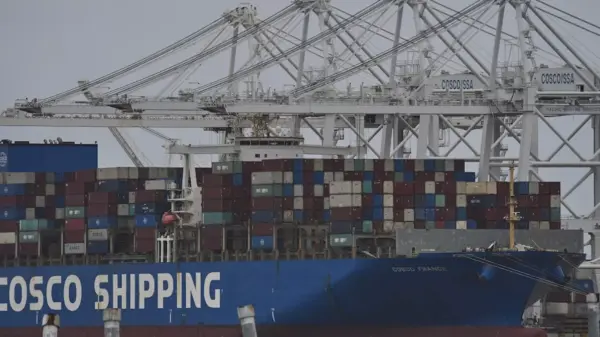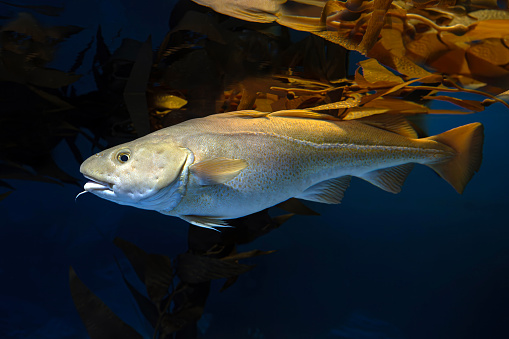In 1638, the settlers of Plymouth, Massachusetts, recognized a troubling decline in local cod and striped bass populations. They understood that their actions on land, such as damming streams and converting coastal wetlands, were jeopardizing the marine ecosystem rather than attributing the decline to divine will. This early awareness foreshadowed a long struggle with fishery management that continues today.
By the early 1600s, cod had already disappeared from the waters around Britain, prompting English fishermen to undertake long voyages to Newfoundland’s Grand Banks. The Pilgrims, settling in America, observed similar trends in Massachusetts Bay. Their initial efforts to safeguard fish populations were met with legislative actions, including a ban on using cod and striped bass as fertilizer. Unfortunately, as generations passed, the urgency to protect these vital fish stocks diminished, leading to a significant gap in effective legislation until the passage of the Magnuson-Stevens Fisheries Conservation and Management Act in 1976.
This landmark law was driven more by national interests during the Cold War than by a comprehensive understanding of ecological needs. Russian and Japanese fleets began to dominate offshore fishing in New England and Alaska, utilizing advanced technology to process fish onboard. The act established a 200-mile exclusive fisheries zone and formed regional fishery councils to manage stocks more efficiently.
Today, there are 232 commercially valuable fish stocks managed by these councils, with two key cod stocks located in the Gulf of Maine and on Georges Bank. Despite the rebuilding of 50 fish stocks since the year 2000, including haddock and pollock, both cod stocks remain under significant stress, highlighting a critical need for sustainable management practices.
The shift towards an ecosystem-based approach emerged when the Ocean River Institute, alongside a commercial striped bass fisherman, successfully litigated for catch limits that consider the entire marine ecosystem. This lawsuit was pivotal, as it addressed the overfishing of forage fish, essential for maintaining the health of species like striped bass, bluefin tuna, and whales.
Despite these advancements, fishing efforts in the United States have struggled to keep pace with the industrial-scale practices of foreign fleets. The loss of fish populations and the potential for a lifeless ocean demand a reevaluation of fishing practices and land management.
Dr. Rob Moir, the president and executive director of the Ocean River Institute, emphasizes the importance of rethinking our approach to fishing and land use. He advocates for a return to the proactive mindset of the early settlers, urging modern society to examine how land practices affect marine health.
The call to action is clear: to safeguard the future of cod and other vital fish stocks, both legislative and community-driven efforts must align with ecological needs. It is imperative that contemporary society learns from the past and takes decisive steps to ensure a thriving ocean for future generations. For more information on ongoing efforts and resources, visit the Ocean River Institute’s website at www.oceanriver.org.






































































